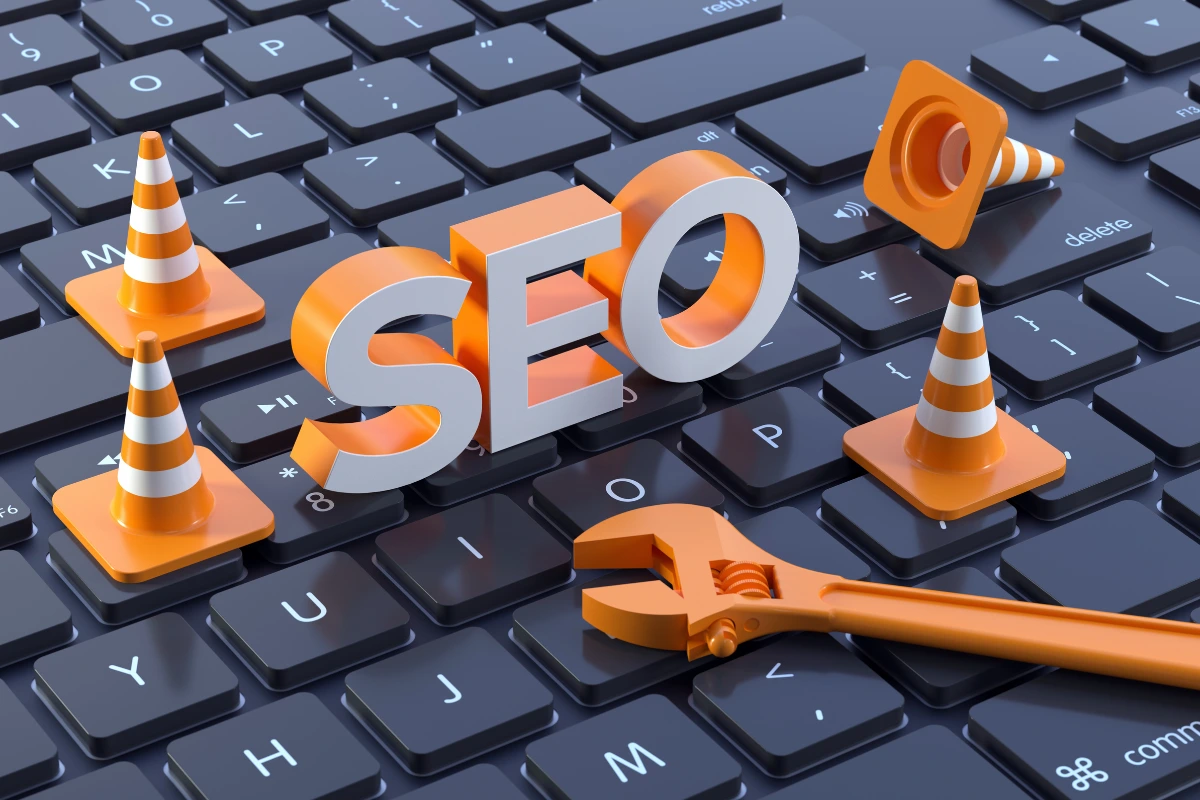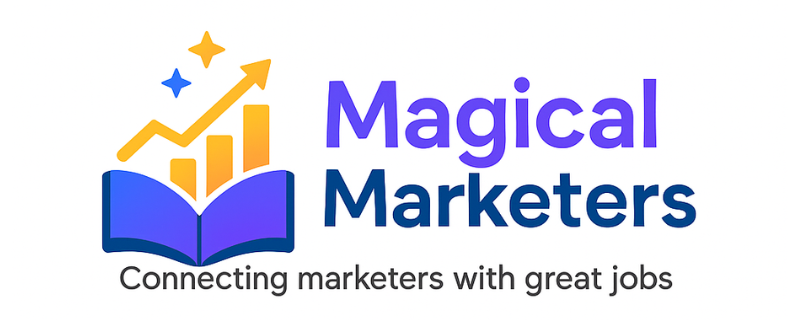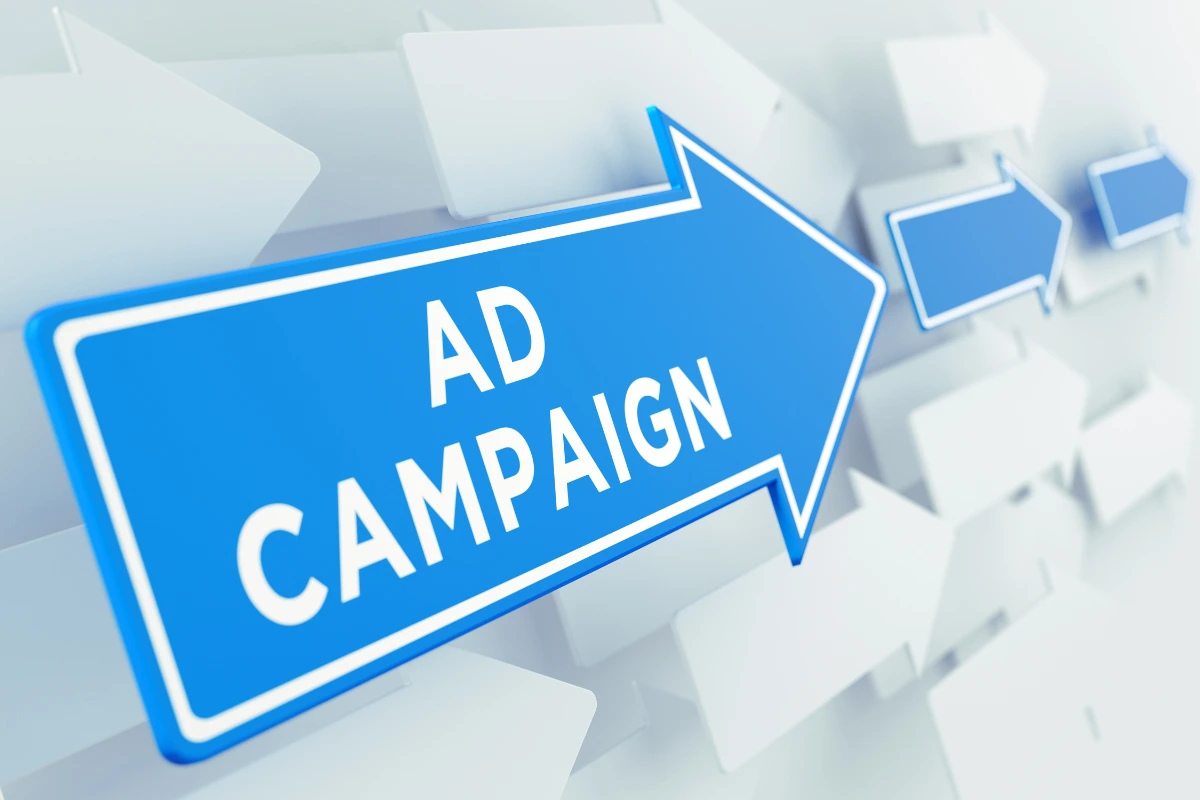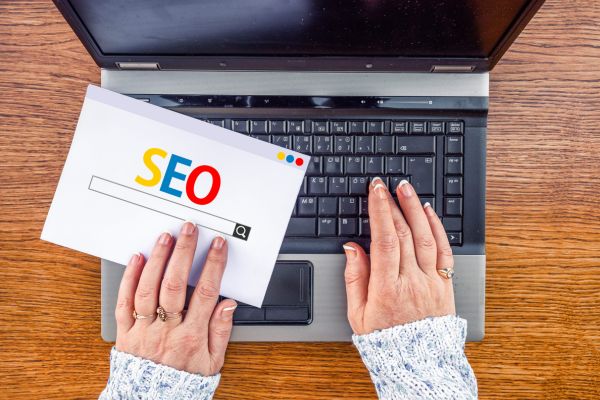SEO Vs. PPC: Which Strategy is Best for Your Business?

Businesses must stand out online to capture the attention of potential customers. Whether you’re a small startup or a well-established brand, the two most common ways to get noticed on search engines are through SEO (Search Engine Optimisation) and PPC (Pay-Per-Click). Both strategies have their unique strengths, but understanding which one best suits your business needs can make all the difference.
So, what’s the best strategy for your business? Is it the long-term benefits of SEO or the instant impact of PPC? Let’s dive deep into these two marketing powerhouses and see which one works best for your business goals.
What Is SEO? The Long-Term Strategy for Sustainable Growth
SEO is all about increasing your website’s visibility on search engines like Google. The goal is to optimise your site so that it ranks higher in organic search results, attracting visitors without having to pay for each click. SEO focuses on three main areas: high-quality content, technical optimisation, and building authoritative backlinks.
Unlike PPC, SEO doesn’t deliver instant results. It takes time, effort, and patience. But once you get your website ranking on the first page of Google, the traffic keeps coming in – without you having to pay per click. This makes SEO an invaluable long-term strategy for businesses that aim to build lasting online authority.
Why Choose SEO?
1. Sustainable Traffic with No Ongoing Cost: Once your page ranks well, it continues to generate traffic for you without any recurring costs. You’ll have organic visitors who are already looking for what you offer, meaning they are more likely to convert.
2. Trust and Credibility: Consumers trust organic search results more than paid ads. Studies show that organic listings get significantly higher click-through rates (CTR) than paid ones, which can boost your brand’s credibility and establish you as an authority in your niche.
3. Cumulative Growth: SEO isn’t a one-off project. It’s a snowball effect. As you keep adding high-quality content and gaining backlinks, your website’s domain authority increases. This makes it easier to rank for new keywords, driving even more organic traffic.
Drawbacks of SEO
However, SEO isn’t without its challenges.
1. It Takes Time: SEO is a long-term investment. It can take several months, or even years, to see meaningful results. If you’re looking for quick wins, SEO might not be the best fit.
2. Algorithm Changes: Google’s algorithms are constantly evolving. This means that your rankings can fluctuate if you’re not keeping up with best practices. Even if your page is ranked well today, algorithm updates could cause it to lose visibility tomorrow.
When Should You Focus on SEO?
SEO is ideal for businesses that are looking to:
- Build long-term brand authority and recognition.
- Establish a consistent flow of organic leads or sales.
- Compete in industries where paid advertising is expensive or highly competitive.
- Develop a content strategy that continues to drive traffic and engagement.
What Is PPC? The Fast-Track to Instant Visibility
On the other hand, PPC is the go-to strategy for businesses that need immediate visibility. Whether you’re running ads on Google, Facebook, or any other platform, PPC allows you to put your brand in front of potential customers right away. The best part? You only pay when someone clicks on your ad – hence the term “pay-per-click.”
While PPC provides instant results, it doesn’t provide long-term benefits. The moment you stop paying for ads, the traffic stops coming. Despite this, PPC can be incredibly effective when executed correctly, especially when your business is looking to make a big impact quickly.
Why Choose PPC?
1. Instant Traffic and Visibility: Unlike SEO, where it takes time to climb the ranks, PPC can get you in front of customers the moment your campaign is live. Whether you’re running Google Ads or sponsored posts on social media, you can start getting traffic right away.
2. Granular Targeting: PPC lets you target your audience with laser precision. From their search intent to their location, age, and even interests, you can tailor your ads to reach only the most relevant audience. This ensures your budget is spent wisely.
3. Measurable and Scalable: One of the biggest advantages of PPC is its measurability. Every click, conversion, and impression is trackable, allowing you to adjust your strategy based on performance. This means you can quickly scale up or down, depending on the return on investment (ROI).
Drawbacks of PPC
While PPC is an excellent strategy, it does come with its own set of challenges.
1. High Costs: PPC is a pay-to-play model, meaning you pay for every click. Depending on your industry and competition, cost-per-click (CPC) can be expensive. If not carefully managed, the costs can escalate quickly.
2. Ad Fatigue: If the same ads are shown to users repeatedly, they can become blind to them. This means you’ll need to refresh your ads regularly to keep performance strong, which requires ongoing attention and creative effort.
When Should You Focus on PPC?
PPC is best suited for businesses that need:
- Immediate visibility, such as when launching a new product or service.
- Quick results, like running seasonal promotions or limited-time offers.
- To compete in saturated markets where organic rankings are hard to achieve.
- To generate leads or sales in industries where customer acquisition costs are high (e.g., legal, real estate, finance).
SEO Vs. PPC: A Side-by-Side Comparison
| Aspect | SEO | PPC |
| Visibility | Long-term organic visibility | Instant visibility |
| Traffic Cost | No cost per click once ranked | Pay for every click |
| Targeting | Based on search intent, organic reach | Granular, audience-specific targeting |
| Results Timeframe | Takes months/years | Instant results |
| Cost Efficiency | High ROI over time | Ongoing costs without long-term benefit |
| Sustainability | Builds over time with quality content | Ends when the budget is depleted |
Which Strategy Should You Choose for Your Business?
If you need immediate results, PPC is the best choice. Here are some situations where PPC excels:
- Startups and New Businesses: PPC helps new brands gain visibility quickly when they’re struggling with brand recognition.
- High-Margin Industries: Businesses in industries like finance, legal services, and SaaS, where each customer brings in a high profit, can justify the PPC spend.
- Seasonal Promotions: For businesses that rely on seasonal sales (like holiday offers), PPC ensures you capture the demand at the right time.
- Local Businesses: Companies targeting local searches can dominate searches like “best plumber near me” through PPC.
If you’re looking for long-term growth, SEO should be your focus. Here are the scenarios where SEO is the winner:
- Content-Driven Businesses: Businesses that rely heavily on organic traffic (e.g., blogging, e-commerce) will benefit from SEO’s long-term traffic generation.
- Highly Competitive PPC Markets: If the cost-per-click in your industry is too high to justify, investing in SEO can offer a more cost-effective long-term solution.
- Content Marketing Investment: SEO thrives on high-quality, evergreen content that positions your business as an authority.
- Customer Research Phase: If your customers spend time comparing different options before purchasing, SEO helps your business stay top-of-mind.
Why Not Both? The Best of Both Worlds
For most businesses, SEO and PPC should complement each other. Here’s why integrating both strategies is the most effective approach:
- SEO Supports Long-Term Sustainability: SEO brings in organic traffic, building a sustainable funnel, while PPC ensures immediate visibility even when rankings fluctuate.
- PPC Provides Insights for SEO: Running PPC campaigns can give you valuable data on which keywords convert the best, which you can then target organically through SEO.
- Retargeting with PPC: Not all visitors who come from SEO will convert on their first visit. Using PPC for remarketing keeps your brand top-of-mind and helps you increase conversion rates.
By combining both strategies, you get the immediate traffic of PPC and the long-term sustainability of SEO. Together, they provide a balanced marketing approach that drives both instant and future success.
Final Thoughts
Both SEO and PPC are powerful strategies, but the key to success lies in knowing when to use each one. If you’re after quick wins, PPC should be your go-to strategy. But if you’re looking to build lasting traffic and authority, SEO is the smarter choice.
Ultimately, a well-rounded strategy that blends both SEO and PPC allows you to take advantage of immediate opportunities while positioning your business for long-term success. So, assess your business goals, available resources, and the competitive landscape to make an informed decision.
After all, the best strategy isn’t about choosing one over the other – it’s about leveraging the strengths of both for sustainable growth.
Calling all Marketers!
🔴 Are you tired of searching for the perfect job?
Whether you're into content writing, SEO, social media, graphic design, or video editing—full-time, freelance, remote, or onsite—we've got your back!
👉 We post over 30 job opportunities every single day. Yes, every day (all verified).
Join the most reliable and fastest-growing community out there! ❤️
And guess what? It’s FREE 🤑
✅ Join our WhatsApp Group (Click Here) and Telegram Channel (Click Here) today for instant updates.






